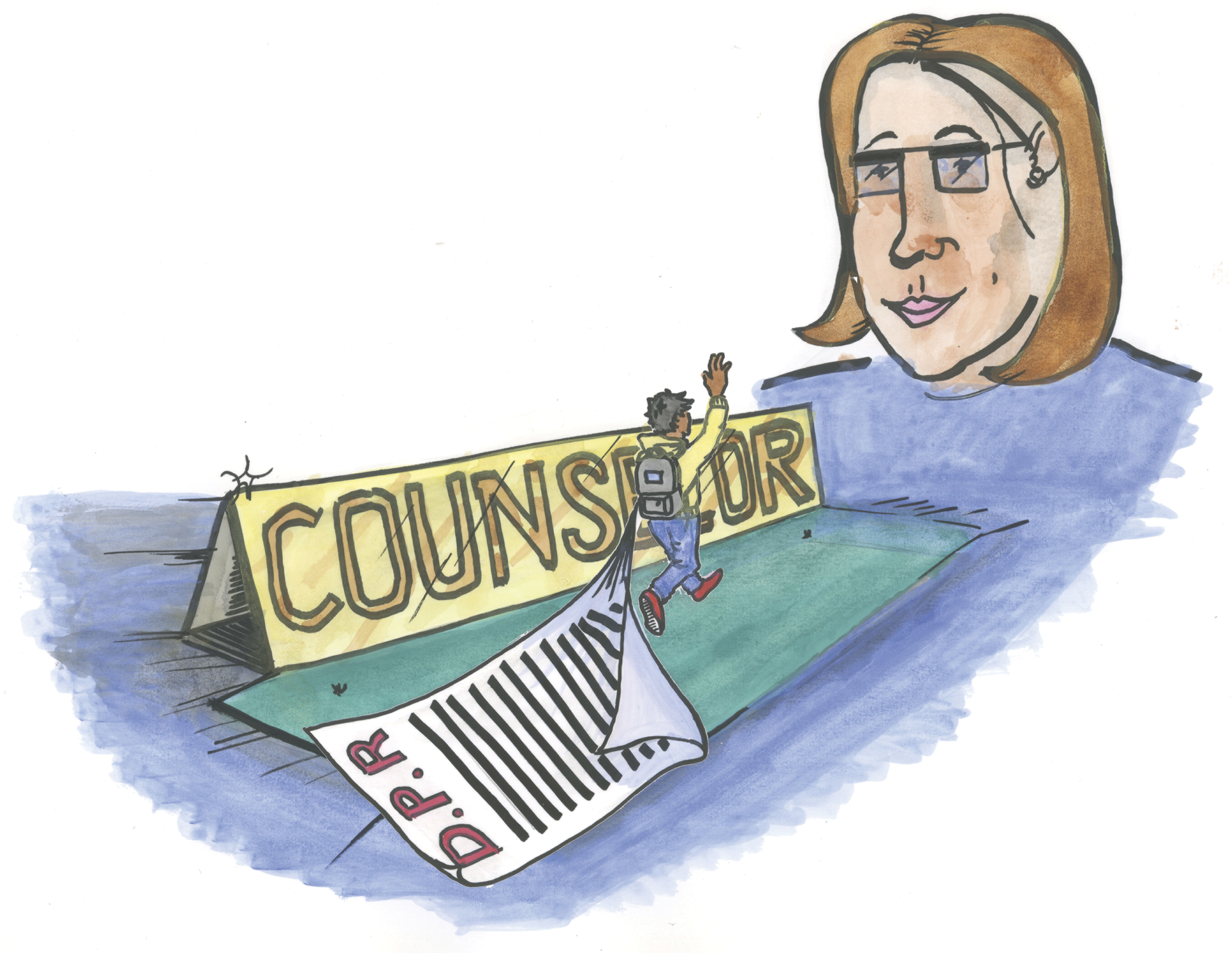Will you graduate on time? Should you go to law school? Will you be able to find a job after graduating? The full-time counselors employed by UCLA are here to answer just those types of questions.
Three weeks ago, with a year of successful self-academic planning under my belt, I suddenly became unsure of my academic future. After two counseling appointments and some deep-breathing, I had myself a new minor. The College Academic Counselors seem to work best with students who are somewhat unsure of their future, and my next year at UCLA is indebted to them.
Whether you’re navigating a mid-year academic crisis or simply trying to plan out the next couple scholastic years of your life, the various counseling services on campus can more than meet your needs ““ you just have to know where to look.
Considering that one of the biggest obstacles to seeing a counselor are the incredibly long lines, summer is the best time to schedule an appointment. For those living outside of the L.A. area or those unwilling to make the trek to campus, virtual counseling via chat rooms and e-mail are useful but less in-depth alternatives.
Even if you’re not facing a pressing dilemma, just like going to the doctor for a yearly checkup, it’s important to sit down with a counselor and make sure you’re meeting your general education and major requirements. It’s even more important if you plan on having a minor or double majoring.
Kyle McJunkin, a counselor working for College Academic Counseling in Murphy Hall, recommends that students see a college counselor at least once a year, and one to two quarters before graduation to ensure that there aren’t any unpleasant surprises at commencement.
The university does a fairly good job of emphasizing how instrumental counseling can be in a student’s academic career during the freshmen and transfer and orientation, but after that the onus lies with the student.
Setting up a counseling appointment should be an obvious first step for any incoming freshmen or transfer, but even continuing students tend to miss out on opportunities and academic services UCLA provides because they feel they don’t need a counseling appointment.
Unfortunately, many students never take advantage of the full-time counselors, instead opting to visit their specific major’s drop-in counselors.
Zahida Jariullah, a political science graduate, said she never took advantage of College Academic Counseling. Jariullah is currently unsure as to whether she should attend a graduate film school or enter directly into the film industry. She said if she had seen a general counselor throughout her time at UCLA, her current indecision may not be an issue.
Nima Adhami, a second-year neuroscience student, said he has never felt the need to visit a general counselor because he has a clearly defined goal of what he wants to do academically. Many students, like Adhami, believe that they don’t need to see a counselor because they feel they have a good handle on their own academic planning.
It’s entirely possible to go four years at UCLA without ever making an appointment with a counselor. But that doesn’t make it rational ““ counselors are paid to be there for us, and not taking advantage of their presence would be a mistake.
As college students, it is our responsibility to determine our academic future. You can spend all the time in the world looking at each major’s respective requirements online, and think long and hard about what exactly it is you want to do; but until you’ve shared those thoughts with a counselor, you haven’t done all you could have to ensure that your future is as bright as a UCLA student’s future ought to be.
“I think we do a really good job of helping students navigate through their time at UCLA … but they have to come in and talk to us,” McJunkin said.
If you’ve never seen a counselor before, or need advice about anything UCLA related, now is the time to get it.
